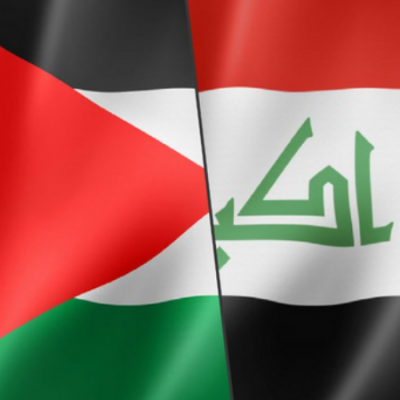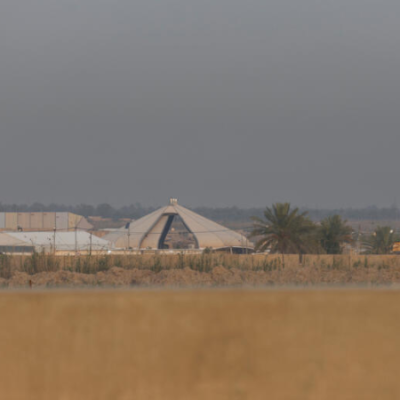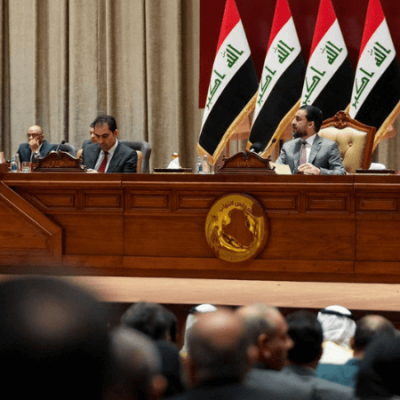More demonstrations in Iraq, clashes and victims

Thousands of Iraqis took to the streets in the southern Iraqi city of Nassiriya after a citizen died of injuries sustained in clashes last week between anti-government protesters and supporters of Iraqi leader Muqtada al-Sadr.On Friday, Rida al-Rikabi was shot in the head in disputes between supporters of Muqtada al-Sadr and protesters in al-Haboubi square in the city of Nassiriya, according to reports from international organizations active in the country. Al-Rikabi died on Monday, bringing the death toll from the violence recorded on Friday to eight dead and dozens injured. Thousands of people attended their funeral.
After the clashes last week, the authorities have imposed a total closure in an attempt to end the demonstrations in the southern Iraqi city. They fired the local police chief and opened an investigation into the events. Iraqi Prime Minister Mustafa Al-Kazemi sent National Security Advisor Qassem Al-Araji and several senior officials to Nassiriyah to negotiate with the protesters. But the situation remains hot in Nassiriya. “Once again, peaceful protesters are dying in front of the government and the security forces are unable to punish the killers,” said one demonstrator.
Nassiriya was a major center of the anti-government protest movement, which began in October 2019. The city considers the authorities corrupt, inept and dependent on Iran. About 600 people died in Iraq from violence related to the protests, with no real responsibility for the officials. The violence recorded last week coincided with the first anniversary of the bloody events recorded during the 2019 uprising, in which more than thirty people died on the Zaytoun Bridge in Nassiriya on November 28.
The city is known in the West for the attacks that took place from 2003 to 2006 during the Iraq war against the Italian armed forces participating in the military mission called “Operation Ancient Babylon”. The “Nassitiya attacks caused over 50 victims, including 25 Italian soldiers.Operation Iraq Freedom (OIF), or the Second Gulf War, began in March 2003 by a coalition consisting mainly of the British and US armies and other states.
On May 1, 2003, the war officially ended, even if the foreign armies never had full control of the territory, suffering heavy losses due to recurrent attacks. UN resolution 1483 of 22 May 2003 approved by the United Nations Security Council called on all states to contribute to the rebirth of Iraq, promoting the security of the Iraqi people and the development of the nation.




